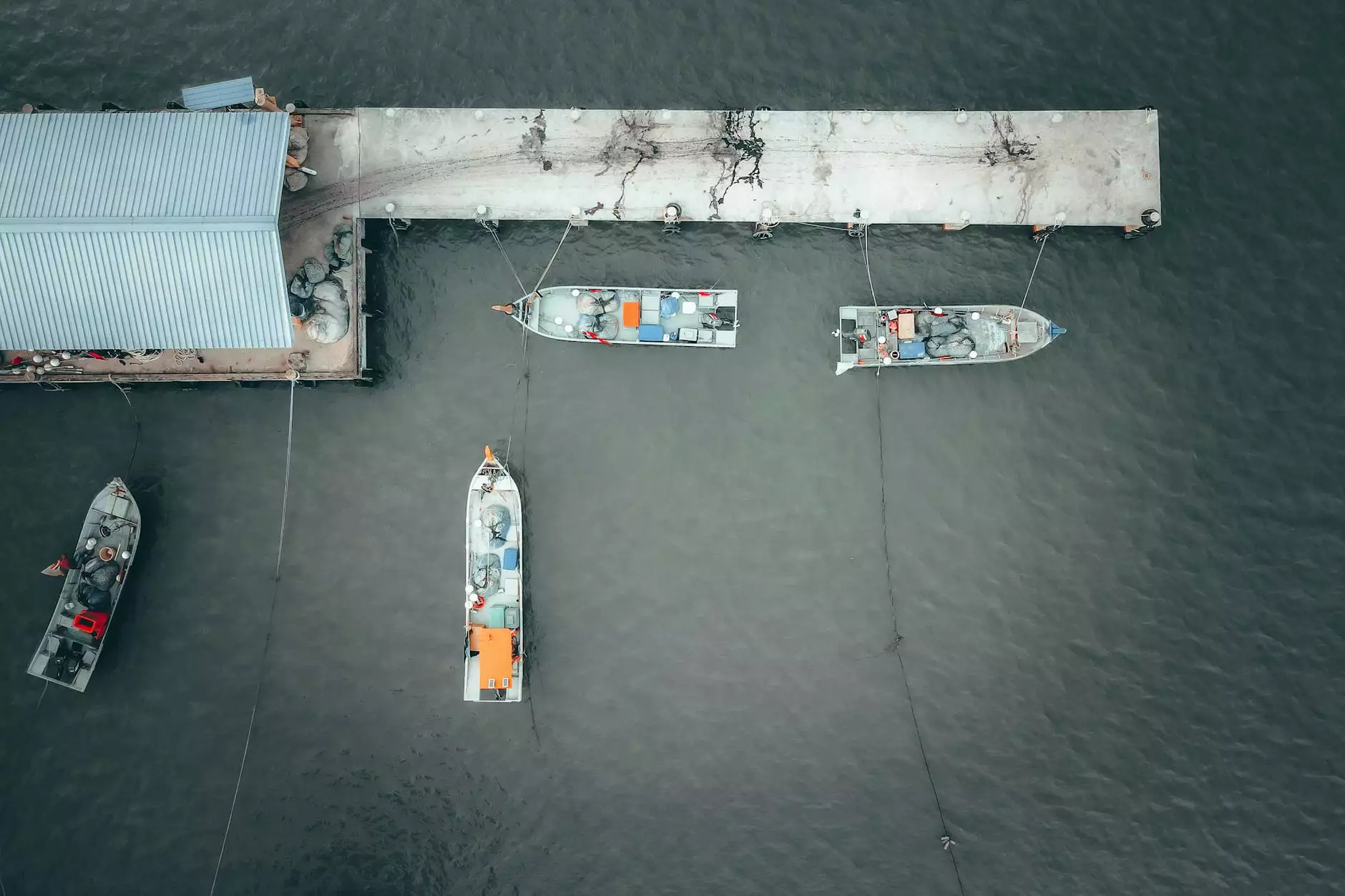The Importance of Communication in Aviation: A Case Study of Crew Air France

The aviation industry is one of the most complex and dynamic sectors in the world, relying heavily on effective communication to ensure safety, efficiency, and customer satisfaction. Crew Air France serves as a prime example of how strategic communication can significantly elevate the experience for both passengers and crew members alike. In this extensive study, we will delve into various facets of communication within Crew Air France, highlighting best practices and innovative strategies that can be utilized across various business domains.
Understanding the Role of Crew in Aviation
The crew plays an indispensable role in aviation, acting as the frontline personnel who interact directly with passengers. Within Crew Air France, this role transcends mere operational tasks; the crew embodies the spirit and culture of the airline. This section will explore the multi-faceted responsibilities of the crew, emphasizing their significance in ensuring a seamless travel experience.
Key Responsibilities of Crew Members
- Safety Compliance: Ensuring all safety protocols are followed diligently.
- Passenger Assistance: Offering help and support to passengers throughout their journey.
- Crisis Management: Effectively handling emergencies with calm and precision.
- Service Excellence: Providing exceptional service that exceeds passenger expectations.
Effective Communication Strategies in Crew Air France
Effective communication strategies within Crew Air France are fundamental to maintaining high operational standards and fostering a positive environment for both passengers and crew. The following are some of the key communication techniques employed by Crew Air France that can serve as a model for other businesses.
1. Pre-Flight Briefings
Successful flights begin with thorough pre-flight briefings. Crew members gather to discuss flight plans, potential challenges, and the specific needs of passengers. This practice not only ensures everyone is on the same page but also cultivates a sense of teamwork and camaraderie. For any business, pre-meeting preparations can enhance focus and direction, leading to more productive outcomes.
2. Use of Technology
Crew Air France leverages cutting-edge technology to facilitate communication among crew members. From real-time messaging systems to apps that provide instant access to passenger information, technology plays a critical role in operational efficiency. Businesses across various sectors can benefit from adopting similar technological solutions to streamline communications.
3. Feedback Loops
Establishing feedback loops is crucial for continuous improvement. Crew Air France actively solicits feedback from passengers and crew alike, utilizing this information to enhance service delivery. In any organization, fostering an environment where feedback is valued can lead to innovative solutions and improved job satisfaction.
The Impact of Crew Communication on Customer Experience
At the heart of Crew Air France's operational philosophy is the belief that communication plays a pivotal role in shaping customer experience. This section will discuss how effective communication practices contribute to passenger satisfaction and loyalty.
Building Trust Through Communication
Trust is a cornerstone of the airline industry, with passengers relying on the crew for safety and comfort. Crew Air France emphasizes transparent and open communication with passengers, providing timely updates and addressing concerns promptly. Similar trust-building practices can bolster customer relationships in any business, enhancing brand loyalty.
Personalizing the Passenger Experience
Personalized service is a key differentiator in the industry. Crew members are trained to recognize and respond to individual passenger needs, creating a welcoming atmosphere. Businesses can mirror this approach by training their staff to engage with customers on a personal level, catering to unique preferences and concerns.
Training and Development for Crew Members
The ongoing development of crew members is vital for maintaining high standards of service. Crew Air France invests significantly in training programs that focus on both technical skills and soft skills. Below are some key areas of focus:
1. Safety Protocols and Emergency Training
Safety training is non-negotiable in aviation. Crew members undergo regular training sessions to stay abreast of the latest safety protocols and emergency procedures. This level of preparedness instills confidence among passengers and enhances operational safety. All businesses should prioritize training that equips employees to handle potential risks effectively.
2. Customer Service Skills
Training in soft skills, such as empathy, conflict resolution, and active listening, empowers crew members to connect with passengers meaningfully. Developing these skills is just as essential in other sectors, where customer satisfaction is paramount.
3. Cultural Sensitivity Training
As a global airline, Crew Air France takes pride in its diverse workforce and clientele. Cultural sensitivity training ensures that crew members can effectively communicate and connect with passengers from different backgrounds, enhancing the overall travel experience. Businesses operating in diverse markets should implement similar training programs to foster inclusivity and understanding.
Challenges in Communication and Solutions
While Crew Air France excels in communication strategies, challenges can arise. This section explores common communication barriers and the solutions implemented to overcome them.
1. Language Barriers
In a multicultural setting like aviation, language barriers can pose challenges. Crew Air France addresses this issue by employing multilingual staff and providing language training to ensure effective communication with international passengers. Businesses operating in global markets should consider similar approaches to bridge communication gaps.
2. Technology Limitations
While technology enhances communication, it can also lead to over-reliance on platforms that may fail. Crew Air France ensures contingency protocols are in place to maintain communication during technology outages, such as alternative reporting methods. Businesses should also develop backup systems to mitigate unforeseen technology failures.
3. Information Overload
Crew members can sometimes feel overwhelmed by the volume of information they must process. Crew Air France mitigates this issue by providing concise and relevant information during briefings and using visual aids. Streamlining communication can enhance clarity and retention, which is beneficial in any business environment.
Conclusion: Lessons from Crew Air France for All Businesses
The communication practices exemplified by Crew Air France illuminate the profound impact that effective communication can have in any industry. By prioritizing safety, leveraging technology, soliciting feedback, and investing in ongoing training, businesses can create an environment where both employees and customers thrive. In conclusion, the principles of Crew Air France communication can serve as a roadmap for companies aiming to enhance operational efficiency and customer satisfaction across various sectors.
As we navigate an increasingly interconnected world, the importance of robust communication will only grow. Every business should take inspiration from Crew Air France to build a foundation of exemplary communication practices, fostering a culture of trust, safety, and exceptional service.









